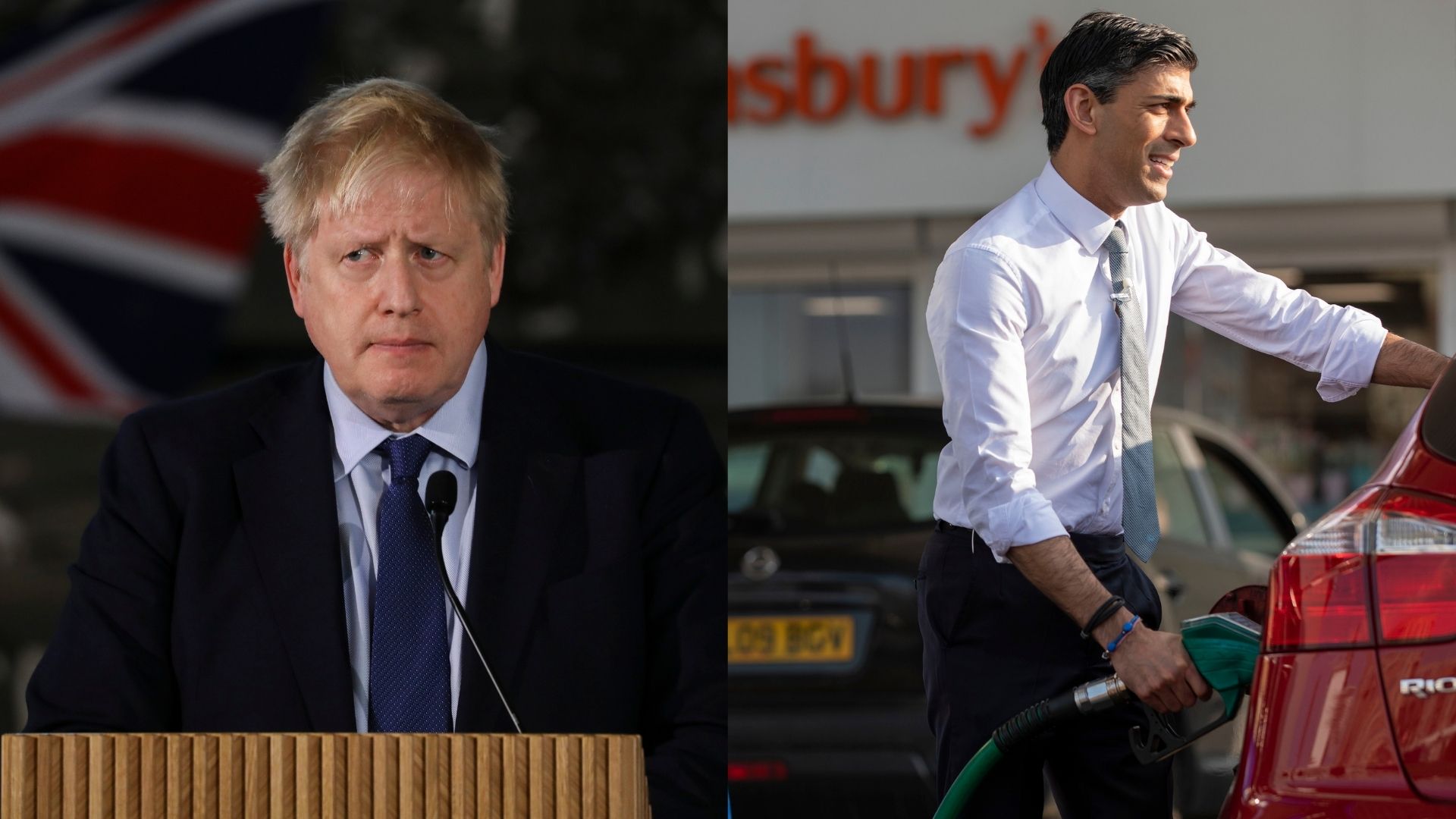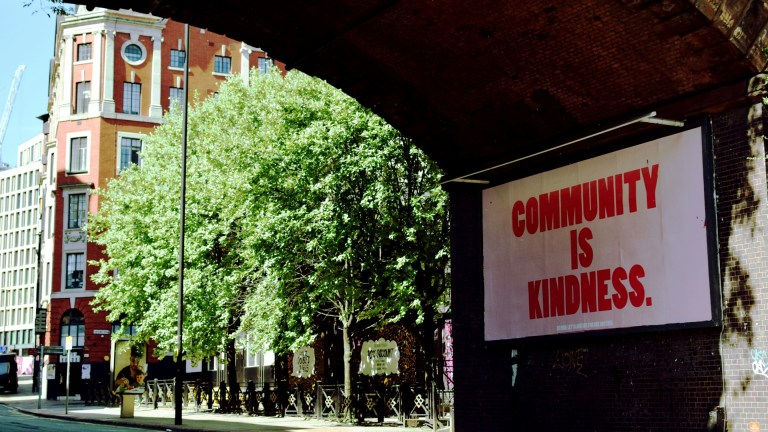In recent weeks, as the Russian onslaught on Ukraine has shown little sign of abating, UK cabinet ministers have lined up to remind the British public that wartime is no time to depose a leader.
And while there is certainly an argument for continuity in political direction during a major international crisis, these pre-emptive defensive briefings – designed to play down the possible consequences for the prime minister of the Metropolitan police and Sue Gray inquiries into the ‘partygate’ scandal – risk looking to the public like a naked attempt to extract political capital from a horrendous human tragedy.
Now, in the light of the fines imposed by the police on Boris Johnson and Rishi Sunak, Conservative politicians’ efforts to play down the seriousness of the behaviour of politicians and civil servants in Whitehall during the pandemic risk reinforcing the public perception that UK politicians believe there is one rule for them and another for the rest of us.
The exceptionalism of UK politicians is not a one-off issue for our politics but – as I argue in my new book – a longstanding problem undermining public trust in our democracy.
Numerous scandals – from MPs expenses, to #MeToo to the Owen Paterson debacle of 2021 – illustrate the attitude of too many politicians that the laws passed by parliament should not apply to them. This distances voters from parliamentarians, undermines the reputation of parliament as an institution and reduces the public’s inclination to follow the rules the government has decided should apply.
These are serious problems at the best of times but during the pandemic, waning trust in politicians who had to ask the public to make considerable personal sacrifices was particularly worrying.










